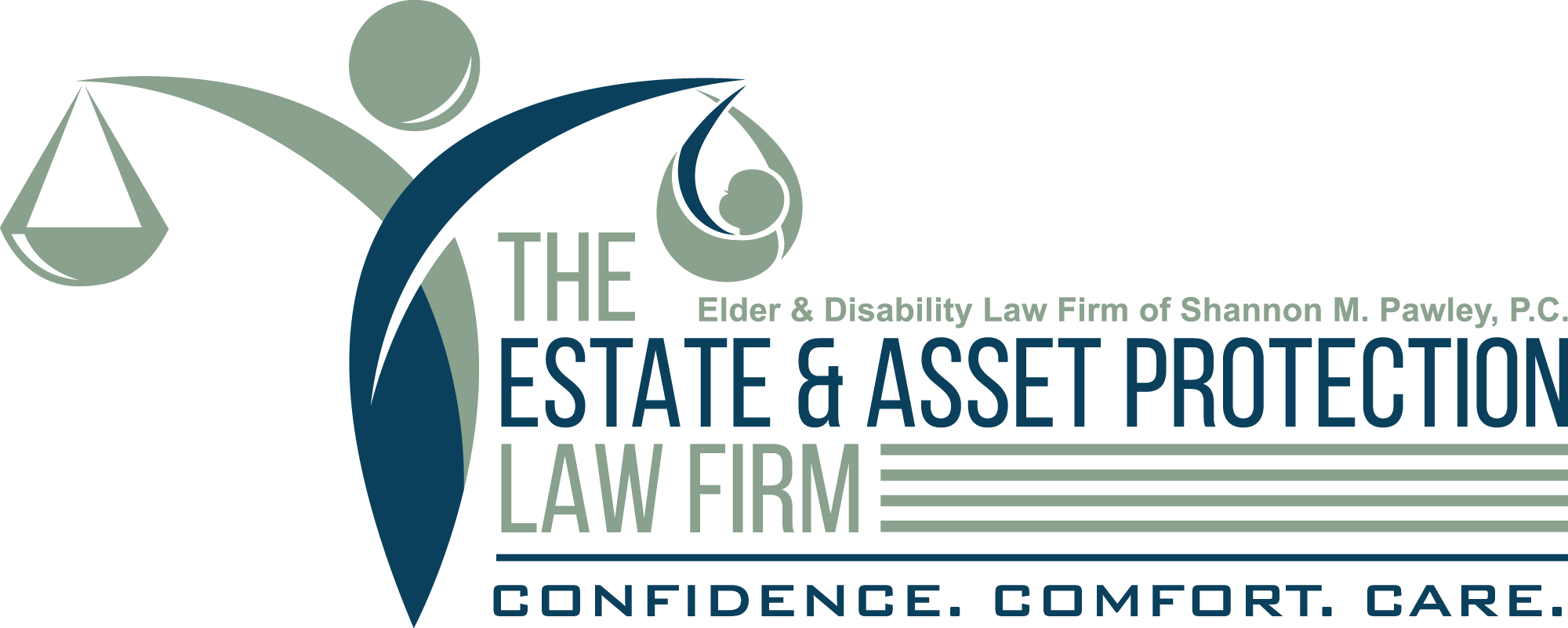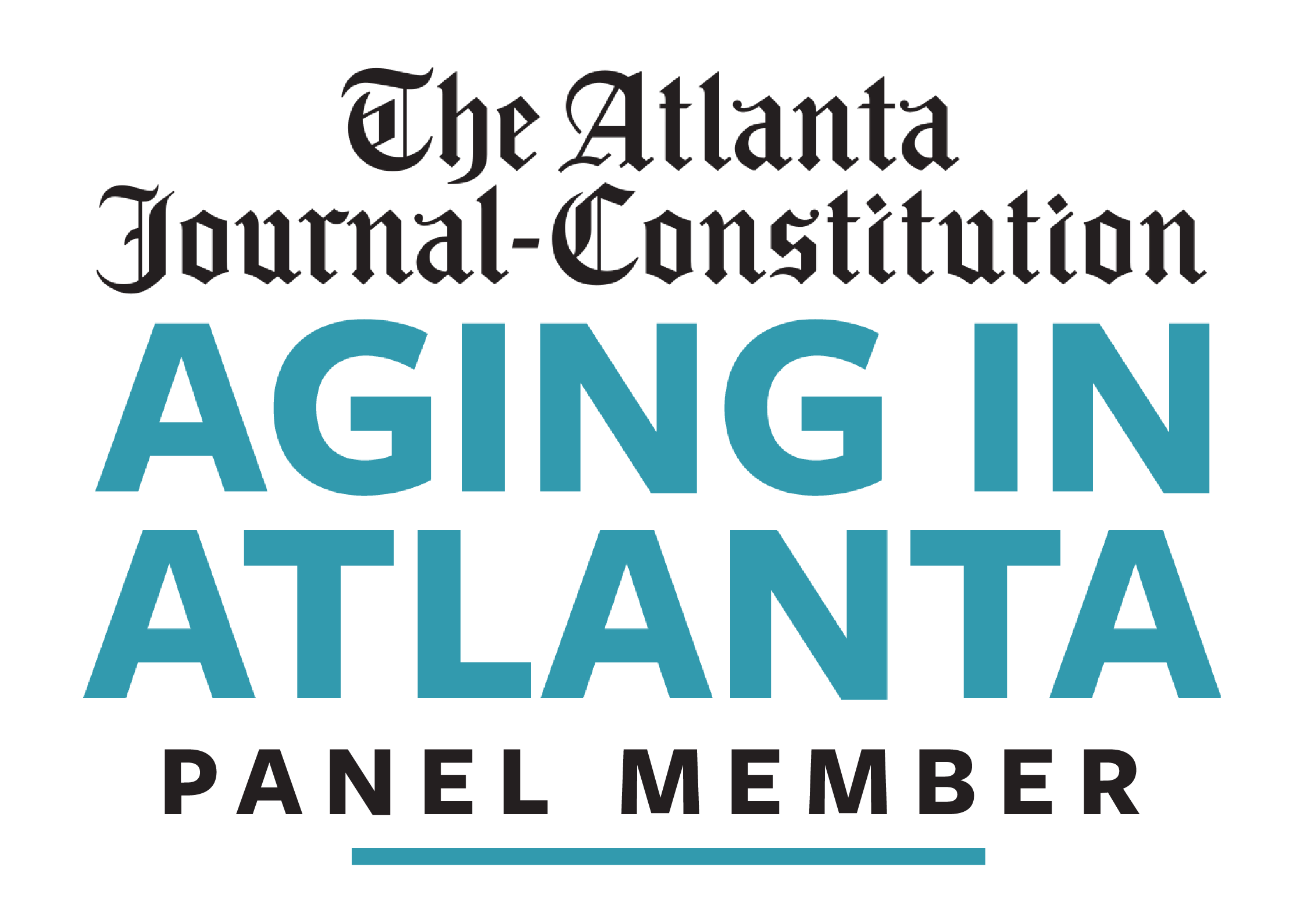Medicaid and Long-Term Care: You May Qualify Even If Your Income Exceeds Medicaid Requirements

When It Comes to Medicaid and Long-Term Care – Think You Make Too Much to Quality?
Many people have misconceptions about Medicaid and long-term care. Yet, for a great many people, long-term care is too costly to pay out-of-pocket. Likewise, long-term care insurance is beyond the reach of many.
While long term care is covered by Medicaid, it is not covered by Medicare. However, many don’t know you might qualify for long-term care even if your income is higher than the threshold.
This can depend on the state where you live. Each has a method for qualifying for Medicaid.
Addressing being over the income threshold varies in name by state. In Georgia it is commonly called a Miller Trust or a Qualified Income Trust (QIT). Other terms include Income Diversion Trust, Income Cap Trust, and Irrevocable Income Trust.
With a Miller Trust, any income you earn above Medicaid’s strict income requirements is put into an irrevocable trust.
At this point, it’s no longer considered income. This provides an eligibility path for Nursing Home Medicaid and Medicaid Waiver applicants who are over income limits. This way, they might be income-eligible for Medicaid long-term care and other long-term home-based care services.
Unlike many traditional trusts where the goal is asset preservation, this isn’t the purpose of the Miller Trust.
Instead, it’s to protect your income eligibility for Medicaid. On a monthly basis, all monies put in the trust – along with additional income not apportioned for health insurance premiums/spousal diversion/personal needs allowance – will go toward your Medicaid cost-share. In other words, towards your long-term care costs. It also covers any other allowable costs like medical bills not covered by Medicaid or Medicare premiums.
I often explain Medicaid as being similar to Gap Insurance…
If you are in a $10,000.00 a month facility and your cost-share only totals $1,500.00, then the Medicaid program will pay the gap between your cost-share amount and the total amount to receive care at the facility. As you can imagine, this means Medicaid pays for most of the long-term care costs. Yet, patients are responsible for a small share as well.
Our clients always feel a sense of relief and surprise when they learn this news. Especially if they think they won’t qualify for long-term care benefits due to their monthly income.
When we tell them about how to make the Miller Trust part of their estate plans, they have new hope.
If you would like to discuss setting up a Miller Trust to qualify for Medicaid long-term care benefits, give my office a call at 404-370-0696 and let us help you receive the benefits you need without compromising your income.
Looking to find an experienced estate lawyer in the Georgia area who is skilled in asset protection and estate plan preparation? Shannon Pawley is an attorney in Georgia with expertise in estate planning and asset protection. Shannon can provide assistance with creating an estate plan to include making a will and how to establish a trust properly. If you have questions about asset protection or questions about making an estate plan, reach out to Shannon and she will be glad to help answer all the estate planning questions you might have!







